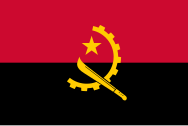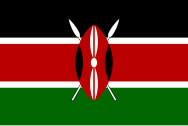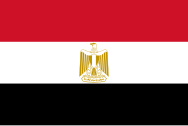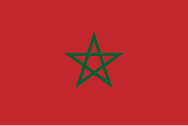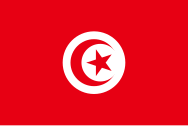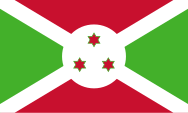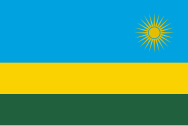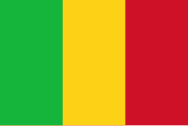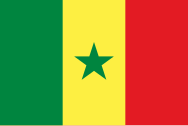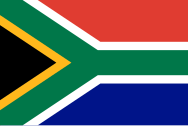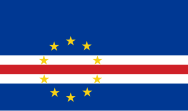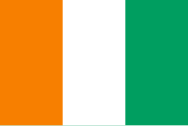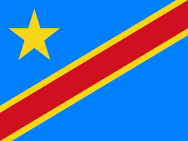- Burkina Faso - History
- Burkina Faso - Kingdoms
- Burkina Faso - Royal Archives
- Burkina Faso - Treaties
- Burkina Faso - Economy
- Burkina Faso - Technology
- Burkina Faso - Diaspora
- Burkina Faso - Culture
- Burkina Faso - Migration
- Burkina Faso - Museums
- Burkina Faso - Architecture
- Burkina Faso - Education
- Burkina Faso - Geneology
- Burkina Faso - Music
- Burkina Faso - Art
- Burkina Faso - Dance
- Burkina Faso - General
- Burkina Faso - People
Burkina Faso
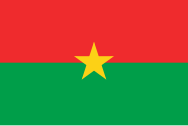
Country Flag
Burkina Faso is a landlocked country in West Africa with an area of 274,200 km2 (105,900 sq mi), bordered by Mali to the northwest, Niger to the northeast, Benin to the southeast, Togo and Ghana to the south, and the Ivory Coast to the southwest. As of 2021, the country had an estimated population of 20,321,378. Previously called Republic of Upper Volta (1958–1984), it was renamed Burkina Faso by President Thomas Sankara. Its citizens are known as Burkinabè, and its capital and largest city is Ouagadougou. Its name is often translated into English as the "Land of Honest Men".
The largest ethnic group in Burkina Faso is the Mossi people, who settled the area in the 11th and 13th centuries. They established powerful kingdoms such as the Ouagadougou, Tenkodogo, and Yatenga. In 1896, it was colonized by the French as part of French West Africa; in 1958, Upper Volta became a self-governing colony within the French Community. In 1960, it gained full independence with Maurice Yaméogo as president. Since it gained its independence, the country was subject to instability, droughts, famines and corruption. Various coups have also taken place in the country, in 1966, 1980, 1982, 1983, 1987, and twice in 2022, in January and in September, as well as an attempt in 1989 and another in 2015.
Thomas Sankara served as the country's president from 1982 until he was killed in the 1987 coup led by Blaise Compaoré, who became president and ruled the country until his removal on 31 October 2014. Sankara had conducted an ambitious socioeconomic programme which included a nationwide literacy campaign, land redistribution to peasants, railway and road construction, and the outlawing of female genital mutilation, forced marriages, and polygamy.
Burkina Faso has been severely affected by the rise of Islamist terrorism in the Sahel since the mid-2010s. Several militias, partly allied with the Islamic State (IS) or al-Qaeda, operate in Burkina Faso and across the border in Mali and Niger. More than one million of the country's 21 million inhabitants are internally displaced persons. Burkina Faso's military seized power in a coup d'état on 23–24 January 2022, overthrowing President Roch Marc Kaboré. On 31 January, the military junta restored the constitution and appointed Paul-Henri Sandaogo Damiba as interim president, who was himself overthrown in a second coup on 30 September and replaced by military captain Ibrahim Traoré.
Burkina Faso is one of the least developed countries, with a GDP of $16.226 billion. Approximately 63.8 percent of its population practices Islam, while 26.3 percent practice Christianity. The country's official language of government and business is French. There are 60 indigenous languages officially recognized by the Burkinabè government, with the most common language, Mooré, spoken by over half the population. The country has a strong culture and is geographically biodiverse, with plentiful reserves of gold, manganese, copper and limestone. Burkinabè art has a rich and long history, and is globally renowned for its orthodox style. The country is governed as a semi-presidential republic with executive, legislative and judicial powers. Burkina Faso is a member of the United Nations, La Francophonie and the Organisation of Islamic Cooperation. It is currently suspended from ECOWAS and the African Union.


